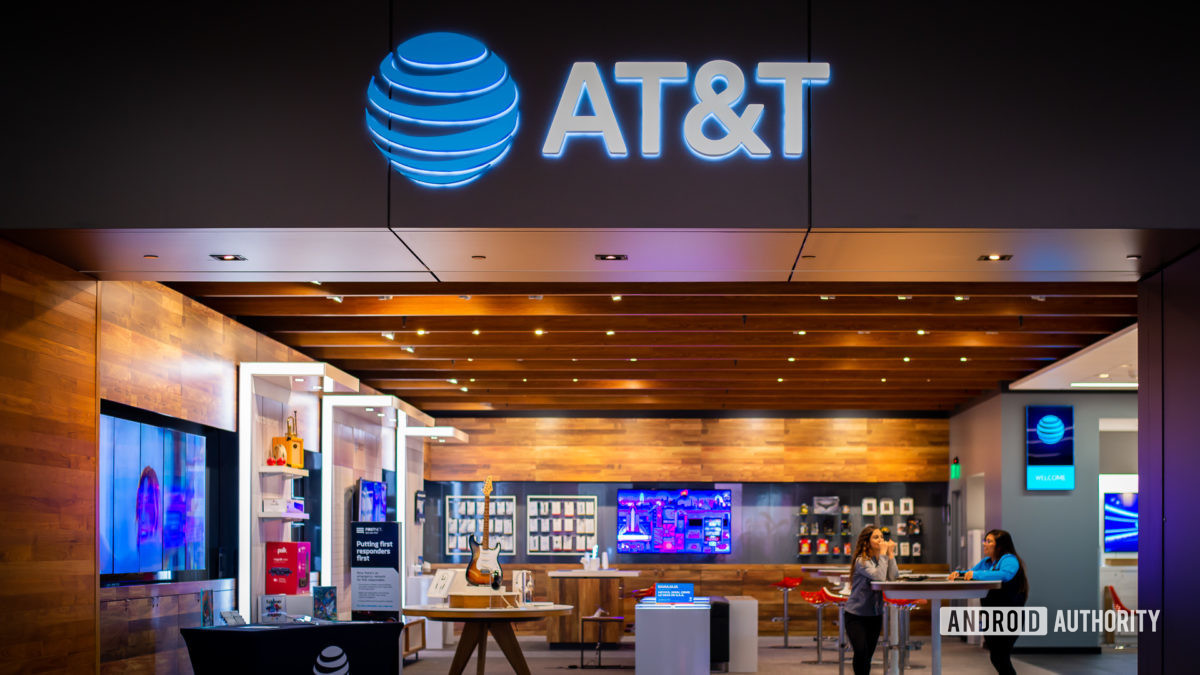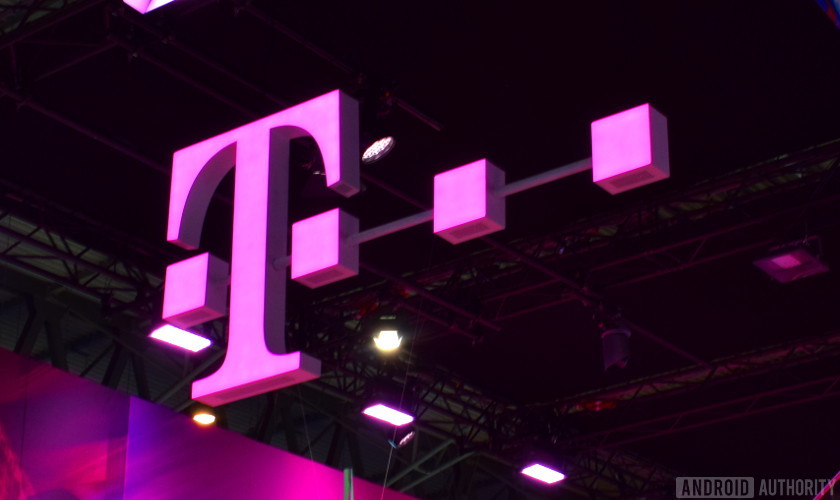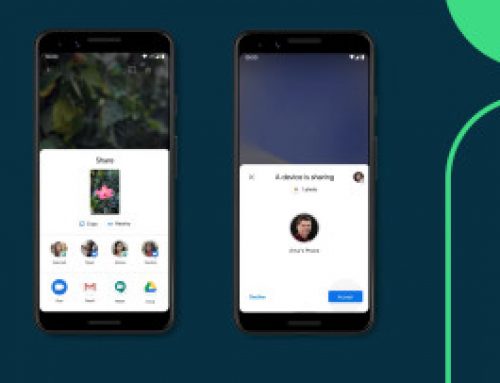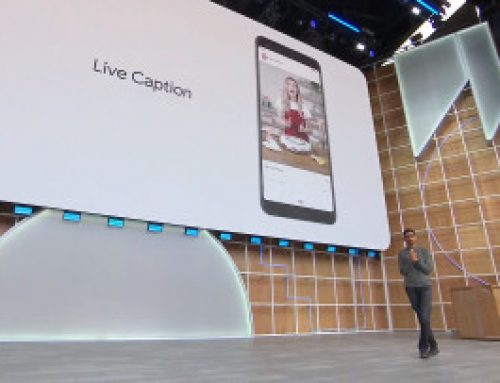
Suggesting that another operating system could fill the shoes of Windows sounds crazy, it certainly isn’t going to happen in the near future, desktop Linux still hasn’t managed it. What about the much longer term though? Android is surprisingly well-placed to take on the mantle of the Redmond behemoth. Don’t believe me? Keep reading to see why.
Convergence

The idea of a mobile operating system replacing a desktop operating system would have been ludicrous just a few years ago. However, Microsoft has firmly pinned it colours to the mast with Windows 8. It, like everyone else, sees that the future is mobile, and has started morphing the world’s staple operating system into something more mobile-friendly. The new tiled interface of Windows 8 is made for touch input, has an app store and sandboxes all of its apps. That looks pretty much like a mobile OS to me. However, unless you’re using a Windows RT device, all of that touch interface is glued on top of the traditional desktop interface.
Meanwhile, Google is moving toward the desktop with Chrome OS, and Android is finally taking off as a tablet operating system. Of all the mobile operating systems, Android is the most Windows-like. It has an easily accessible file system (unlike iOS or Windows Phone). It as the most accessible development environment, and the most friendly terms for OEMs, i.e. it’s free of cost. Furthermore, Android is appearing on an ever wider range of devices, from the Galaxy Camera, to Smart TVs and the Ouya gaming console.
Compared to other platforms

Ironically, for Microsoft, Android is more Windows-like than Windows Phone. The similarities can be seen more from the OEM and developer side than the consumer side, though. Any OEM can build an Android device, unlike iOS, and Windows Phone requires a royalty. It’s cheaper to get into developing Android apps and it’s just as hard to diagnose problems in Android due to the heterogeneous hardware landscape – just like the PC world. Also, Android is much more affordable than other mobile platforms. iOS devices are beyond the financial reach of many people and while there are some reasonably priced Windows Phone handsets, they are in the minority of the range.
What’s more, Android has enabled OEMs to experiment with innovative hardware formats. Remember that the Asus Transformer and Motorola Atrix laptop dock were available long before the current crop of Windows 8 convertible Ultrabooks.
Tablets are the new PC

Sales figures show that tablets are becoming ever more popular with some analysts suggesting tablets will overtake PC sales in the near future. This makes sense, as someone who exclusively used Linux for a long time then transferred back to Windows for work reasons, I know just how complicated Windows actually is. To do anything more than web browsing, Windows is an overwhelming maze of menus and dialogues, it’s certainly no easier to use than desktop Linux. Whenever I see my non-tech literate friends and family proudly showing off their new Windows laptop, I cringe when I think of all the things that are going to go wrong for them.
The comparatively simplified and controlled user interface that we find on all mobile devices, including Android, is far more suitable to the majority of consumers who are not tech-literate and have little inclination to learn. For the record, I disagree with such attitudes, it’s as irresponsible as owning a car and not understanding how it works, but that’s just me, I know most people will never subscribe to that point of view.
The future of Windows
The factor that has always been in favor of Windows is inertia. Windows is the de facto operating system across the world. However, Microsoft’s way of getting everybody into a touch interface has been with the tiled (formally known as ‘Metro’) interface. Not only has the market reaction to this been lukewarm, but many OEMs have not gotten behind the drive, as evidenced by the number of laptops that lack touchscreens.
Disclosure, I have been using and preferring Windows 8 (to 7) since its release preview.
Reluctance to adopt the tiled interface, combined with the meteoric rise in popularity could start many people thinking about turning to Android tablets with keyboard docks as alternatives to Windows Ultrabooks, especially when most Ultrabooks cost marginally more than Android tablet and keyboard combinations.

The other advantage that Android currently has over Windows 8 and Windows RT is that of apps. Unless the app catalogue volume for Windows RT explodes over the next year or two, Android will still offer a great advantage for apps that people may need for personal and work uses.
Microsoft has been touting the vision that using Windows 8 and Windows Phone 8 will offer the best integrated experience between ‘PC’ and phone. However, as someone who regularly uses Windows 8 and Windows Phone 8, I have yet to see any meaningful integration. The most effective integration I’ve experienced is SkyDrive and OneNote – both of which are available for Android.
Moreover, look at the user interface of Android phones and tablets. There is far more similarity between the two, and most apps will run on phones and tablets. Meanwhile, the difference with Windows 8, Windows RT and Windows Phone gets tricky to explain to the non-techies in our lives.
On the entertainment side, Microsoft’s Xbox music matching service is an appalling mess, whereas Google Music has been up and running for a long time. Its maturity has made it possible third party developers to create Google Music clients on Windows 8/RT and Windows Phone.
Problems with this vision
There are clearly good reasons for Android to take over from Windows. For example, I’d feel much safer recommending an Android tablet to members of my family than a full blown Windows laptop. However, there are always going to be desktop class applications that people need for their work, such as video or image editing, etc.
Furthermore, Microsoft’s commitment to the tiled touch interface will mean that everyone who owns a home computer will probably end up using, and getting used to Windows 8. Inertia wins again.
Also, the Windows 8 and Windows Phone shared kernel could yet provide a virtuous circle for developers to create apps and games that will run on mobile and on desktops. Even so, Microsoft are not pretending Windows Phone will go any further than third place in the smartphone wars.
Ultimately, waiting for Android to take over from Windows is wishful thinking, but there are an increasing number of individual cases where doing so actually makes a lot of sense.





Leave A Comment